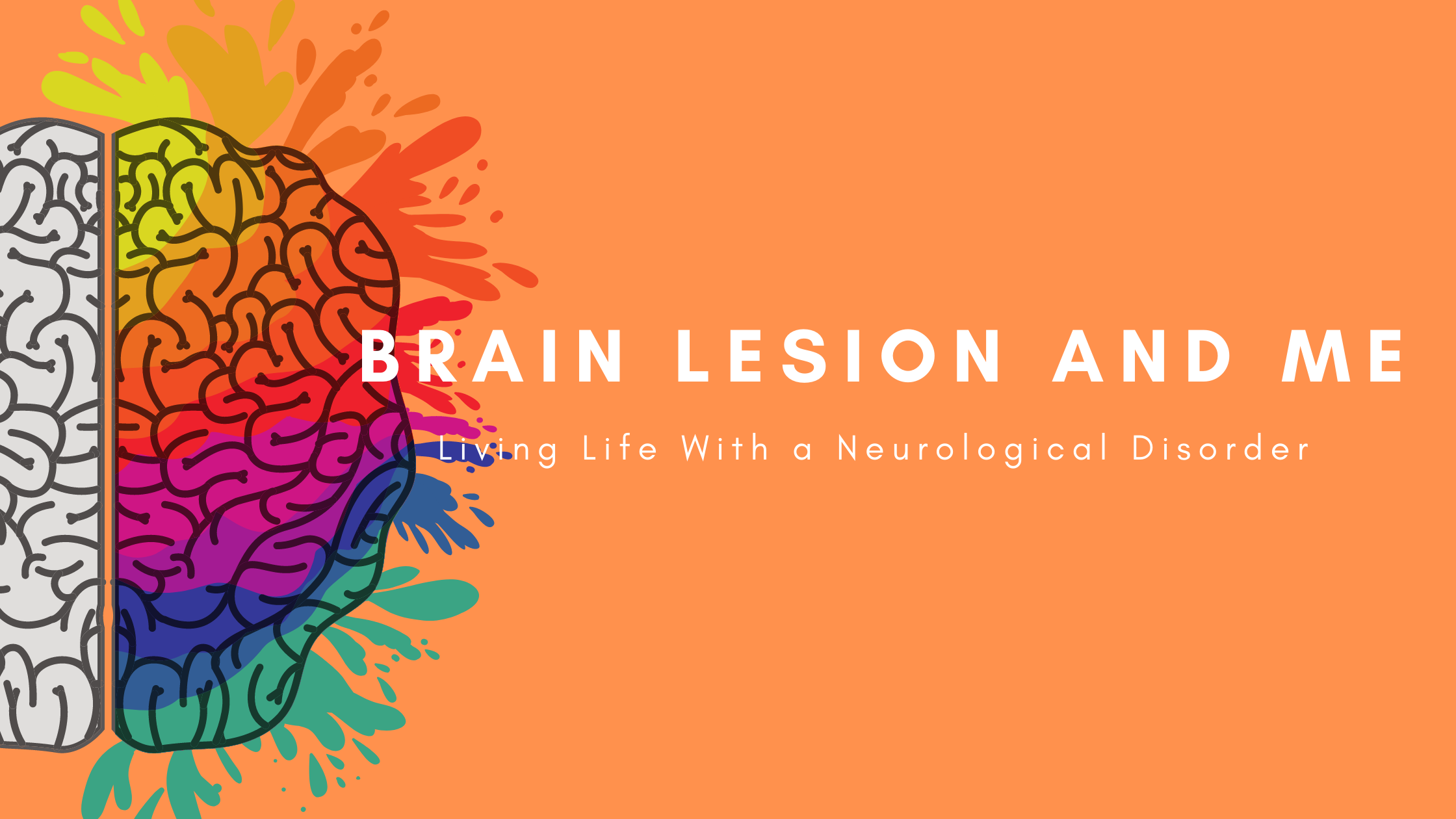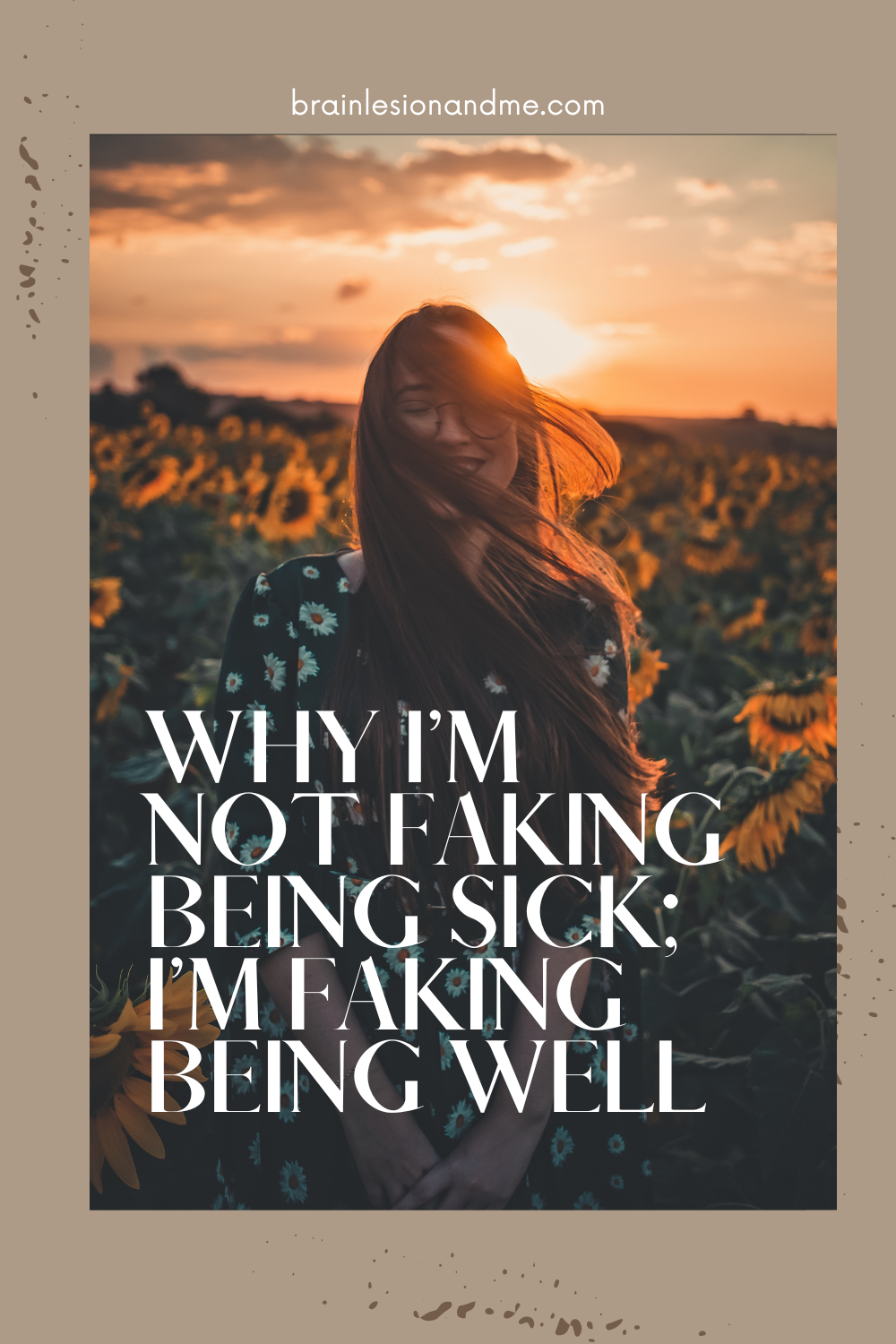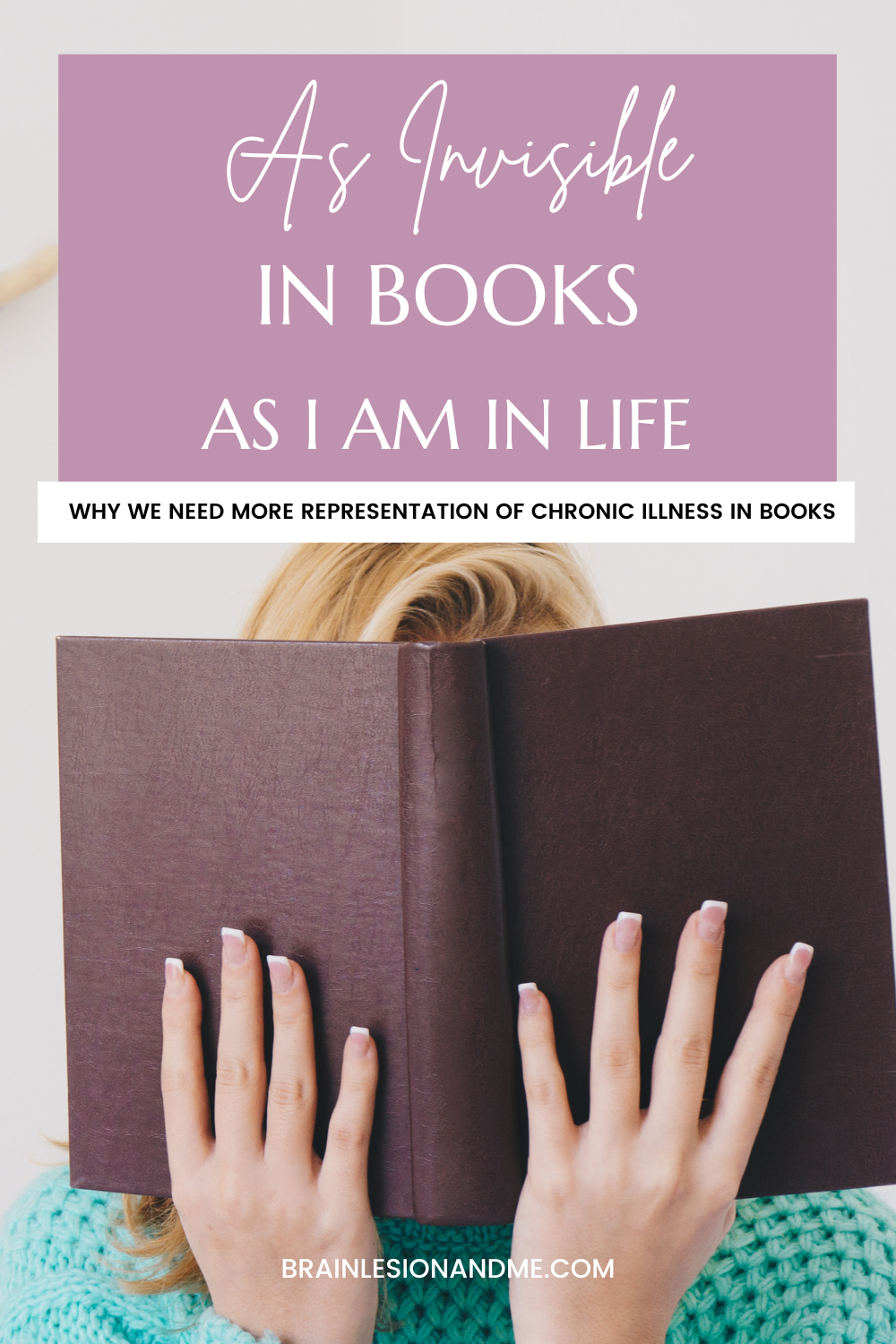Clichés often heard when dealing with chronic illness…

Welcome to the Health Activist Writer’s Month Challenge brought together by WEGO Health – a social network for all health activists. Again, I am participating in the annual Writer’s Month Challenge in which I will be writing about my health activism and health condition based upon prompts given.
Today’s prompt reads as follows:
Well, that’s just crazy!…What’s the most ridiculous thing you’ve heard about your health condition? Was there any context? What did you think at the time you heard it – and what do you think of it now?
This prompt has actually been used a couple of times previously and so therefore I have decided to come at the prompt at a different angle.
When someone is living with a chronic illness, everyone seems to have an opinion. People will give advice on how to live and deal with said illness, advice on treatments and so forth. As well-meaning as that they may be, they are often extremely unhelpful. Therefore, this blog post will look at the more popular clichés that we chronically ill often hear:
- “Well, it could be worse..” or “There are people much worse off…” – I think that everyone living with a chronic illness realises this; and as much as the statement is true, it however still does not help us feel any better regarding our own situation. The statement only really adds to the feelings of loneliness and isolation that already exists in our lives as a result of chronic illness. In addition, feelings of suffering and pain are entirely subjective, and therefore you cannot measure one person’s pain against another. We are still going to be in pain, and the thought of someone else being worse off is not a comfort to us.
- “You need to get out more; that will make you feel better…” – This is another cliché that can be especially infuriating to hear when you are chronically ill. Especially as there is nothing that we would like more, than to be able to get out of the house and do everything that we enjoy such as shopping or socialising with friends as examples. However, we often feel too unwell to go out; and unfortunately there isn’t anything we can do about it. Stating that we need to get out more just makes us feel worse and more depressed than usual. So, please refrain from using such expressions.
- “Get well soon!” – As much as I realise that this popular expression is often used with the best intentions, it is especially hurtful for people like me living with a chronic health condition. As the term ‘chronic’ suggests our condition is not going to improve; and that these conditions are ones which we will have to live with for the rest of our lives. It makes us feel misunderstood. As much as this is a lovely phrase to use for someone with the flu or a broken leg for example, it just leaves us with the thought of “If only!”.
- “But you look so GOOD!…” – This has to be the most popular cliché that us spoonies hear from others. It’s as if people cannot fathom that we are so unwell when we look so normal. However, it is said that approximately 96 per cent of all chronic health conditions are invisible. This suggests that the healthy population believe that a sick person should look a certain way and when we fail in living up to that expectation that they therefore do not believe we are sick. This phrase therefore can be particularly hurtful.
- “Have you tried exercise? That can be very beneficial for illnesses…” – Yes, I understand that exercise can be beneficial for a number of different conditions; for example, mild depression can be alleviated by taking part in some form of exercise as ‘endorphins’, the happy chemical is released during exercise. However, with many chronic health conditions, it can be very difficult to undertake any form of exercise because of severe symptoms, such as fatigue. In my case, for example, not only fatigue that can stop me from doing some form of exercise but also the dizziness and the trembling in the legs can make it very difficult to exercise also.
- “My friend’s aunt’s cousin has that. She tried _____ and it really worked for her. Maybe you should try it?” – As well-intentioned telling us other people’s experiences and although you are trying to help us in trying to find something to help, it is important to note that with a number of different chronic conditions and particularly neurological conditions, every person are unique and each case can be very different. What works for one person will not work for somebody else.
- “I know exactly how you feel. I often feel like that…” – This is fine to hear from other friends who are also battling with chronic illnesses. however, it can be very hurtful and frustrating when other friends begin to compare their recent bout of flu or bad cold to your chronic health condition. Being in pain and tired for a week is not the same as battling these symptoms for years. So, please do not tell us that you know how we feel when you have not lived with or experienced chronic illness for yourself.
- “I wish I could stay at home all day…” – I find this particular statement very hurtful indeed. We did not choose to be ill, and trust me when I say we would much rather be out living life, and working like you instead of being stuck at home all day feeling very unwell and tired.
- “Are you sure, it’s not just in your head?” – Again, this is a really difficult and hurtful statement to hear when experiencing chronic illness. When doctors are unable to find an explanation for symptoms, it is automatically assumed that the person must be imagining, exaggerating or even faking symptoms to gain attention. We get asked this by doctors a lot of the time, so please as friends or family members refrain from suggesting that the problem is simply all in the mind.
- “It can’t be that bad?” – The thing with chronic illness, is that it is an experience that you cannot possibly imagine, unless you have had personal experience with it, so again a statement like this can be very upsetting as it trivialises our whole medical condition. Like the statement above it also suggests that we are making the condition up, and can often make us feel that our own friend or close family member does not believe us, which can add to the feeling of loneliness, isolation and depression that can often be associated with chronic illness, even if it was said with the best intentions.
The best thing you can do for someone with a chronic illness is just to listen to them. Ask if there are anyways in which you can help them. Be a supportive friend or family member. We would really appreciate that more than hearing statements such as those above.
So, these are the few clichés that I have heard during my experience with chronic illness. What are the some of the statements that you have heard from friends and family? How did they make you feel?
As ever would love to hear your thoughts and comments. Please feel free to add your comments below…




Heidi
Another one my parents and husband got about me when they thought I’d stayed on the prayer list too long was “When is she going to take her name off the list? Is she really STILL sick?!” and things to that effect. Um, yes I’d recovered from the laparoscopy for my endometriosis, but I’d had to go off all hormones for a month to make me stop having an endless period, and since my migraines are tied to my hormones that meant a month of endless migraines. Obviously I wasn’t going to explain that to family friends whom I hadn’t talked to in years and who were asking in a way that sounded like they doubted I was still sick. It’s called “invisible illness” for a reason.
I had closer friends ask the same question in much politer, non-concern-trolling ways: “I thought she wasn’t supposed to be on the list this long; is everything ok?” You ask me or my husband that privately, and we will probably give you at least the general outline of what’s going on. You ask like I just forgot to take my name off the prayer list and what could still be wrong, then especially if I don’t know you well, I don’t really want to answer you beyond “There are still issues and I don’t want to take my name off the list yet.”
Another one I hate is “Oh you should change your diet in xyz ways and then you’ll feel better!” Um, I may not eat macrobiotic or Paleo or gluten-free or whatever the fad is now, but I eat pretty damn well. It’s rare that I eat sugar outside of dessert on the Sabbath or special occasions, I eat a TON of veggies and rarely eat red meat, I eat mostly whole grains if it’s not dessert…you get the picture. Please don’t tell me that the latest food bogeyman is the culprit behind my migraines when I know my triggers quite well and avoid them, or that it’ll make my mental health issues magically disappear or something. And don’t even get me started.on the Endometriosis Diet; it’s incredibly restrictive and scientifically it’s mostly nonsense.
M
Even if it is entirely psychosomatic and in the person’s head, that is still a problem. It needs a different treatment plan, but is still an equally valid debilitating illness.
Mental illness needs to be recognized as a chronic illness too.
Neuro Nula
Reblogged this on Neuro Nula's blog and commented:
What’s the most ridiculous thing you’ve heard about your health condition? Rhiann shares some clichés she’s heard regarding her neurological condition, explaining why these are unhelpful and how they can make a person with a chronic illness feel
Pingback: The end is here…. | My Brain Lesion and Me
This Chronic Life
I think my favourite one so far (and I’m relatively new to the whole chronic illness thing) is “Maybe it’s just stress?”. I’ve had this from everyone, and no. Just no. Firstly, it dismisses those who actually have a stress-related illness (which are real and serious), and secondly, it implies that my illness is my fault when it actually hit me completely out of the blue. A second favourite is not so much a comment or cliche, but the looks from completely strangers when I’m out and about with my walking stick. Yes I’m young, but the only way I’m able to walk today is with a fairly strong painkiller and a walking stick, so I’d rather just enjoy being out than seeing all the sideways glances and “I wonder what happened” looks.